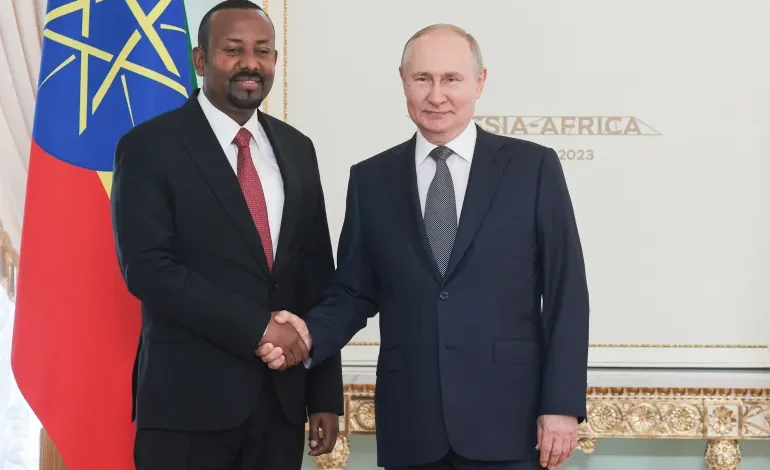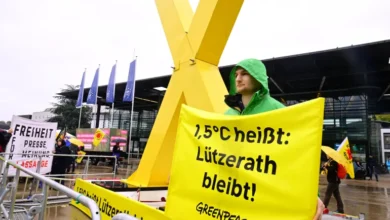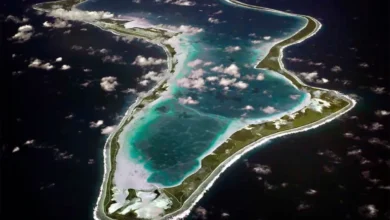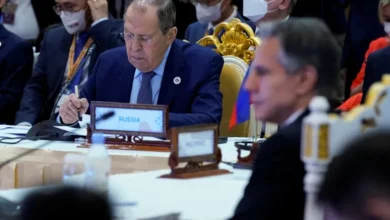Abiy Ahmed’s imperial ambitions are bad news for Africa, and the world
Tafi Mhaka

Tafi Mhaka
On October 13, Ethiopia’s Prime Minister Abiy Ahmed raised eyebrows in the region and beyond by forcefully asserting that gaining low-cost, permanent access to a Red Sea port is “an existential matter” for his landlocked country.
“By 2030 [the population of Ethiopia] will be 150 million,” he said in a televised address to parliament. “A population of 150 million can’t live in a geographic prison.”
Ethiopia lost all its Red Sea ports and became the world’s largest land-locked country in 1993, when Eritrea gained independence following a 30-year war of liberation. Since then, Ethiopia has been fully dependent on its neighbours – especially Djibouti – for access to ports and international shipping routes.
None of Ethiopia’s neighbours – each a sovereign state with its own geopolitical calculations and needs – is under any obligation to provide Ethiopia cheap and easy access to the sea. In fact, they have every right to use their coastline as leverage in their interactions with their much larger, richer and more influential neighbour. Yet Abiy is clear that his country will gain favourable access to the sea and key international trading routes – one way or the other.
In his October 13 speech to parliament, he proposed potential ways forward for “freeing” Ethiopia from its so-called “geopolitical prison”.
First, he suggested Ethiopia’s neighbours could give it permanent, low-cost access to their ports in return for shares in lucrative public company and projects such as the Grand Ethiopian Renaissance Dam (GERD), Ethiopian Airlines or the Ethio telecom.
Then, rather shockingly, he mused that perhaps Eritrea, Djibouti, Somalia and Ethiopia could merge to form one, “very big” country with ample access to the sea. In such a scenario, he argued, this new massive African state would be “another Russia, another China, another America” on the world stage.
Of course, given the power and size imbalance between Ethiopia and its seaside neighbours, such a union would not be a coming together of equals, but a textbook colonial annexation by Ethiopia that would only further its own geopolitical and geoeconomic interests while removing all sovereignty from its neighbours.
That Ethiopia’s prime minister is publicly advocating for such an arrangement should be a cause of concern for anyone interested in peace, stability and development in East Africa.
Further, Abiy said in his October 13 speech that Ethiopia has “natural rights” to directly access the Red Sea, and if it is denied these “rights”, “there will be no fairness and justice and if there is no fairness and justice, it’s a matter of time, we will fight”.
Later in the speech, Abiy suggested that he is not threatening violence, yet looking at his past comments, it is clear that he believes the use of force, at least for a last resort, is very much in the cards.
At a meeting with investors in July, for example, Abiy had openly and unambiguously said that while Ethiopia wants to “get a port through peaceful means”, if that plan fails, it would not hesitate to “use force”.
That the prime minister of Ethiopia is openly talking about the possibility of “fighting” over water access, and publicly flaunting the establishment of a single nation within Ethiopia’s imagined sphere of influence – a region that has suffered Ethiopian imperial aggression in the past and is currently awash with civil conflicts – is a cause for immense concern.
Ethiopia’s neighbours have been quick to denounce Abiy’s imperial calculations and reject any suggestion that they would agree to give up their independence to become part of a larger regional power, undoubtedly controlled and led by Ethiopia.
“Djibouti is a sovereign country, and therefore, our territorial integrity is not questionable, neither today nor tomorrow,” said Alexis Mohamed, a senior adviser to Djiboutian President Ismail Omar Guelleh.
Estifanos Afeworki, the Eritrean ambassador to Japan, has been equally forthright. “There is no if and but about Eritrea’s sovereignty and territorial integrity. No amount of illegitimate instigation, propaganda, conspiracy and defamation can change this truth,” he said on X, formerly Twitter.
Somalia, meanwhile, underlined that its territorial integrity is “sacrosanct”.
As Ethiopia appears to get ready, in plain defiance of the United Nations Charter, to fulfil its self-declared “rights” to the Red Sea, the African Union (AU) must keep an eye on Abiy’s apparent ambition to transform Ethiopia into a “great power” in Africa.










